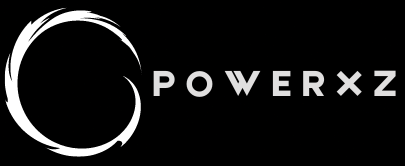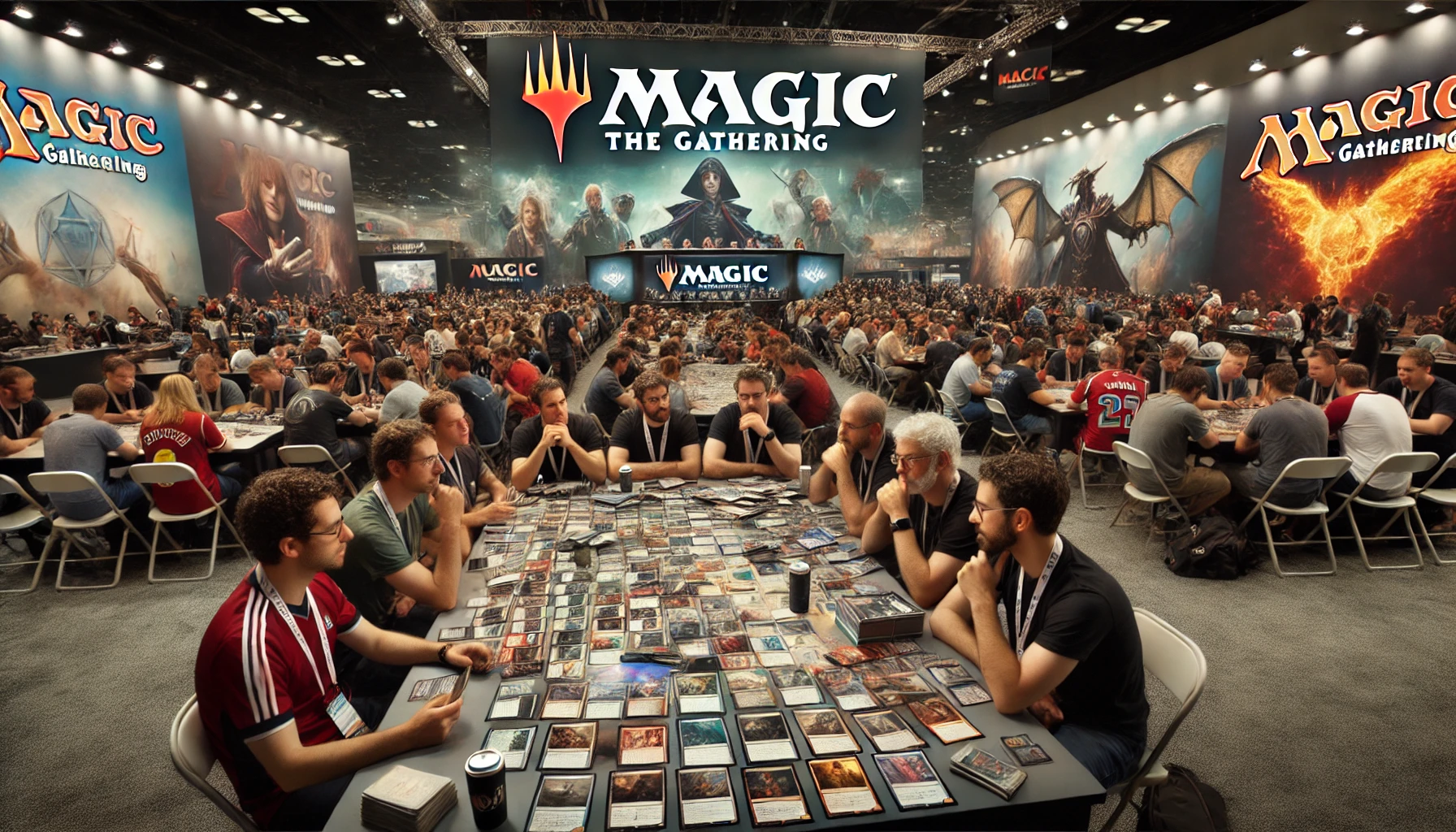The recent revelation that Wizards of the Coast, the publisher of the iconic card game “Magic: The Gathering,” has been using AI-generated content has sparked significant controversy within the gaming community. This incident brings to light ongoing debates about the role of generative AI in creative industries, particularly in areas where imagination and originality are highly valued.
The Incident: AI in “Magic: The Gathering”
“Magic: The Gathering” has been a staple in the fantasy gaming world for decades, known for its rich lore, intricate gameplay, and stunning artwork. The game’s success is built on the creativity of its designers, writers, and artists. However, recent disclosures revealed that some content, including artwork and narrative elements, was generated using AI tools. This revelation has led to a backlash from fans and creators who feel that AI-generated content undermines the authenticity and artistic integrity of the game.
The Role of Generative AI
Generative AI refers to systems that can create content such as text, images, and music. These systems use machine learning algorithms to analyze existing data and generate new, similar content. In the context of fantasy games, generative AI can be used to create new card designs, artwork, storylines, and even game mechanics. While this technology offers numerous benefits, including increased efficiency and the ability to produce a large volume of content quickly, it also raises important questions about creativity and originality.
The Controversy
The use of AI-generated content in “Magic: The Gathering” has ignited a fierce debate within the gaming community. Key points of contention include:
-
Authenticity: Many fans believe that the unique touch of human creativity is essential to the game’s identity. AI-generated content, they argue, lacks the personal touch and deep understanding that human creators bring to their work.
-
Artistic Integrity: Artists and writers have expressed concerns about AI encroaching on their domains. The use of AI to generate content can be seen as a cost-cutting measure that devalues the work of human creators.
-
Quality and Originality: Critics of AI-generated content argue that it often lacks the originality and nuanced quality of human-created work. In a game like “Magic: The Gathering,” where the depth and uniqueness of content are crucial, this is a significant issue.
The Defense
Proponents of generative AI in creative industries highlight several benefits:
-
Efficiency: AI can produce content quickly and at a lower cost, allowing for faster development cycles and more frequent updates.
-
Innovation: AI can generate ideas and designs that human creators might not have considered, potentially leading to new and innovative game elements.
-
Support for Creators: When used as a tool rather than a replacement, AI can assist human creators by handling repetitive tasks, allowing them to focus on more complex and creative aspects of their work.
The Future of AI in Creative Industries
The controversy surrounding “Magic: The Gathering” is indicative of broader tensions about the role of AI in creative fields. As generative AI continues to advance, its use in games, art, literature, and other creative industries is likely to increase. However, finding a balance between leveraging AI’s capabilities and maintaining the authenticity and integrity of human creativity will be crucial.
Key considerations for the future include:
-
Transparency: Publishers and creators should be transparent about the use of AI in their work. Clear communication can help manage expectations and address concerns about authenticity.
-
Collaboration: Rather than viewing AI as a replacement for human creators, it should be seen as a tool that can augment and enhance human creativity.
-
Ethical Standards: Establishing ethical guidelines for the use of AI in creative industries can help ensure that the technology is used responsibly and that the contributions of human creators are valued and protected.
Conclusion
The use of AI-generated content in “Magic: The Gathering” has sparked important conversations about the role of AI in creative industries. While generative AI offers significant benefits, it also raises critical questions about authenticity, originality, and artistic integrity. As the technology continues to evolve, the creative community will need to navigate these challenges carefully to harness the potential of AI while preserving the unique value of human creativity.







